Zhaoying Liu
Probabilistic K-means Clustering via Nonlinear Programming
Jan 10, 2020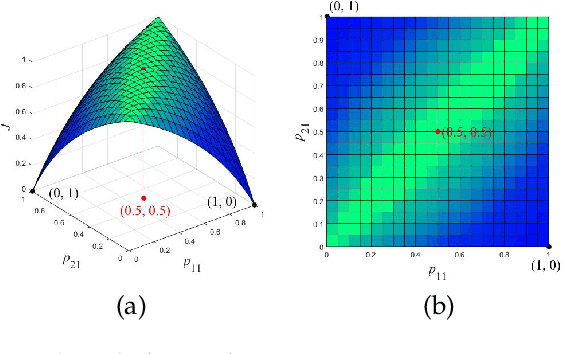
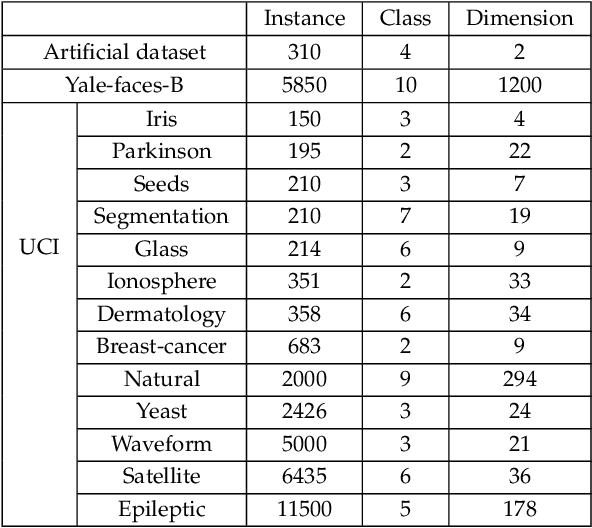
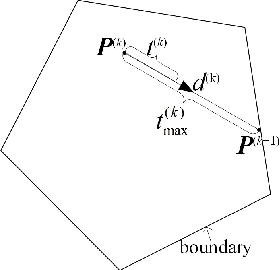

Abstract:K-means is a classical clustering algorithm with wide applications. However, soft K-means, or fuzzy c-means at m=1, remains unsolved since 1981. To address this challenging open problem, we propose a novel clustering model, i.e. Probabilistic K-Means (PKM), which is also a nonlinear programming model constrained on linear equalities and linear inequalities. In theory, we can solve the model by active gradient projection, while inefficiently. Thus, we further propose maximum-step active gradient projection and fast maximum-step active gradient projection to solve it more efficiently. By experiments, we evaluate the performance of PKM and how well the proposed methods solve it in five aspects: initialization robustness, clustering performance, descending stability, iteration number, and convergence speed.
A concatenating framework of shortcut convolutional neural networks
Oct 03, 2017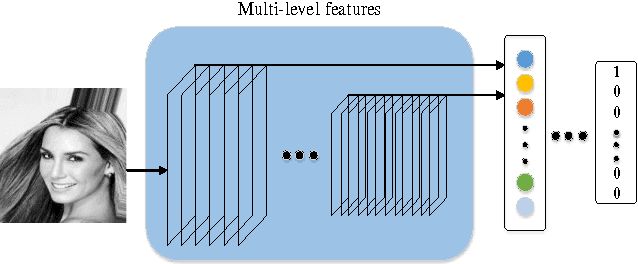
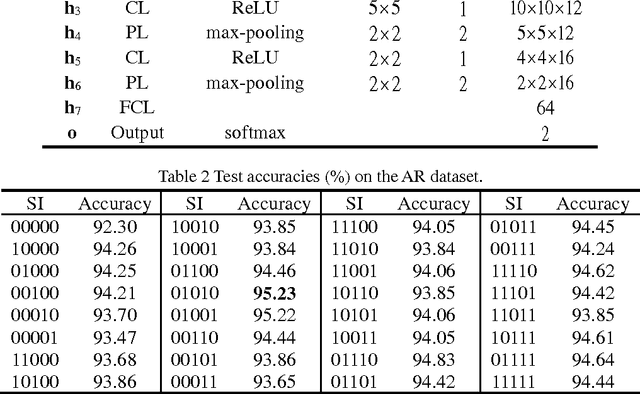
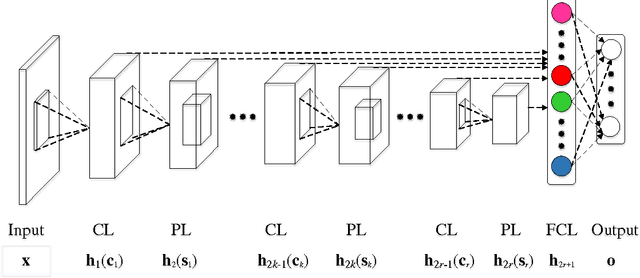
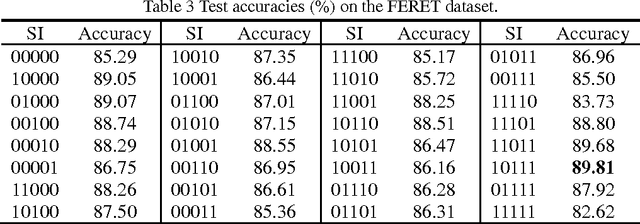
Abstract:It is well accepted that convolutional neural networks play an important role in learning excellent features for image classification and recognition. However, in tradition they only allow adjacent layers connected, limiting integration of multi-scale information. To further improve their performance, we present a concatenating framework of shortcut convolutional neural networks. This framework can concatenate multi-scale features by shortcut connections to the fully-connected layer that is directly fed to the output layer. We do a large number of experiments to investigate performance of the shortcut convolutional neural networks on many benchmark visual datasets for different tasks. The datasets include AR, FERET, FaceScrub, CelebA for gender classification, CUReT for texture classification, MNIST for digit recognition, and CIFAR-10 for object recognition. Experimental results show that the shortcut convolutional neural networks can achieve better results than the traditional ones on these tasks, with more stability in different settings of pooling schemes, activation functions, optimizations, initializations, kernel numbers and kernel sizes.
 Add to Chrome
Add to Chrome Add to Firefox
Add to Firefox Add to Edge
Add to Edge